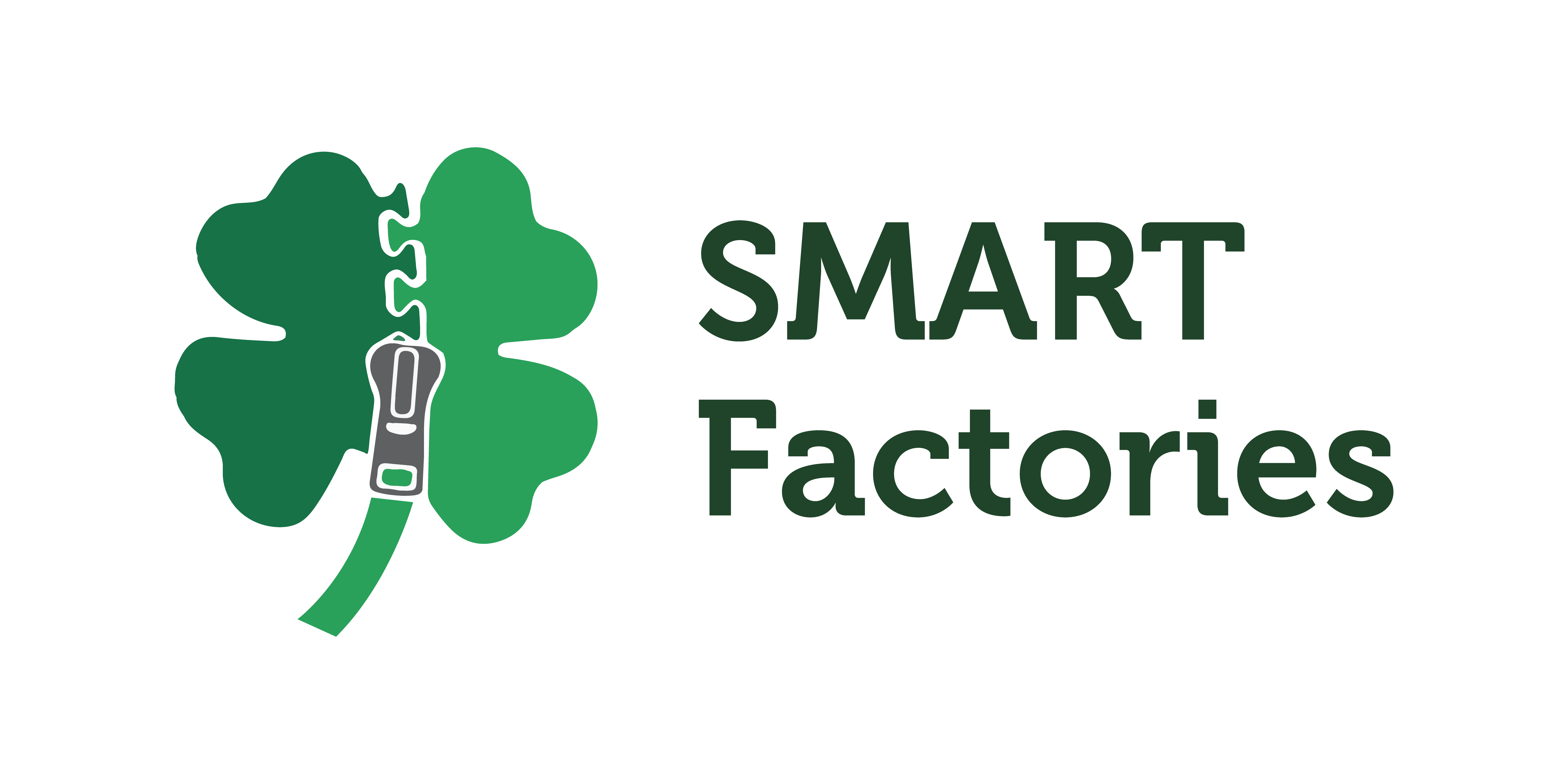 The main part of the Trade Mission was individually organized factory visits in Yangon’s adjacent industrial zones North and West of the city, Hlaing Thayar township and Shwe Pyi Thar. The factories visited comprised both the SMART supported factories and other, mostly foreign owned factories that have been previously visited and assessed by the SMART team. Alltogether the SMART team made 120 appointments in Myanmar factories! Each EU buyer received an individual matching report, the factory profiles of the factories to be visited as well as an individual visit agendas. The factory visits enabled the EU companies to get a better understanding of the productive capacity, quality level and working conditions in the garment factories and to gauge whether placing orders for manufacturing of their products is possible or other cooperation opportunities may arise. The delegation has been divided into several groups according to their specific business interests retrieved beforehand. After a conversation with the factory owner, participants could have a look at the samples and were then guided through the production halls. Considering traffic and travel distances in Yangon, the participants visited on average 2, with a maximum of about 4 factory per day. Overall, the participants have been satisfied with the arrangement of factory visits. The majority of participants stated that they were able to identify factories for cooperation and that they will take up or continue sourcing activities within the next 12 months. Some companies envisage an investment by starting up an own production site or transferring know-how or technical support. Some companies, especially smaller EU companies, were not able to find a match regarding product segment, minimum order quantity or price which can be ascribed to the fact that the Myanmar garment industry is currently specialised on simpler products and larger order quantities. Currently, mainly FOB-able foreign owned manufacturers are considered qualified suppliers, as the medium-sized local industry still needs to catch up in terms of productivity after a decade of sanction-related negative growth and production is mostly restricted to CMP (Cut, Make and Pack). Some locally owned companies are already processing FOB-orders, e.g. with procurement offices in China, Hong Kong or Singapore. Inputs for export production currently have to be exclusively imported, as productive preproduction stages (textile industry, manufacturing of intermediate products) are mainly lacking so far. According to the participants of the mission there is still need for progress with regard to communication, productivity and the sourcing of fabrics and accessories. Local factories need support by international buyers in the form of know-how transfer and contacts to quality suppliers. With regard to working conditions and social standards, it became clear that the issue is anchored in the factory owners’ awareness and that the factories are making great efforts to fulfil the requirements of the buyers. Some factories have already passed BSCI audits or are currently undertaking corrective actions. In regional comparison, Myanmar factories are scoring comparatively well in terms of social compliance.
The main part of the Trade Mission was individually organized factory visits in Yangon’s adjacent industrial zones North and West of the city, Hlaing Thayar township and Shwe Pyi Thar. The factories visited comprised both the SMART supported factories and other, mostly foreign owned factories that have been previously visited and assessed by the SMART team. Alltogether the SMART team made 120 appointments in Myanmar factories! Each EU buyer received an individual matching report, the factory profiles of the factories to be visited as well as an individual visit agendas. The factory visits enabled the EU companies to get a better understanding of the productive capacity, quality level and working conditions in the garment factories and to gauge whether placing orders for manufacturing of their products is possible or other cooperation opportunities may arise. The delegation has been divided into several groups according to their specific business interests retrieved beforehand. After a conversation with the factory owner, participants could have a look at the samples and were then guided through the production halls. Considering traffic and travel distances in Yangon, the participants visited on average 2, with a maximum of about 4 factory per day. Overall, the participants have been satisfied with the arrangement of factory visits. The majority of participants stated that they were able to identify factories for cooperation and that they will take up or continue sourcing activities within the next 12 months. Some companies envisage an investment by starting up an own production site or transferring know-how or technical support. Some companies, especially smaller EU companies, were not able to find a match regarding product segment, minimum order quantity or price which can be ascribed to the fact that the Myanmar garment industry is currently specialised on simpler products and larger order quantities. Currently, mainly FOB-able foreign owned manufacturers are considered qualified suppliers, as the medium-sized local industry still needs to catch up in terms of productivity after a decade of sanction-related negative growth and production is mostly restricted to CMP (Cut, Make and Pack). Some locally owned companies are already processing FOB-orders, e.g. with procurement offices in China, Hong Kong or Singapore. Inputs for export production currently have to be exclusively imported, as productive preproduction stages (textile industry, manufacturing of intermediate products) are mainly lacking so far. According to the participants of the mission there is still need for progress with regard to communication, productivity and the sourcing of fabrics and accessories. Local factories need support by international buyers in the form of know-how transfer and contacts to quality suppliers. With regard to working conditions and social standards, it became clear that the issue is anchored in the factory owners’ awareness and that the factories are making great efforts to fulfil the requirements of the buyers. Some factories have already passed BSCI audits or are currently undertaking corrective actions. In regional comparison, Myanmar factories are scoring comparatively well in terms of social compliance.
Business matchmaking factory visits, March 23rd –26th








